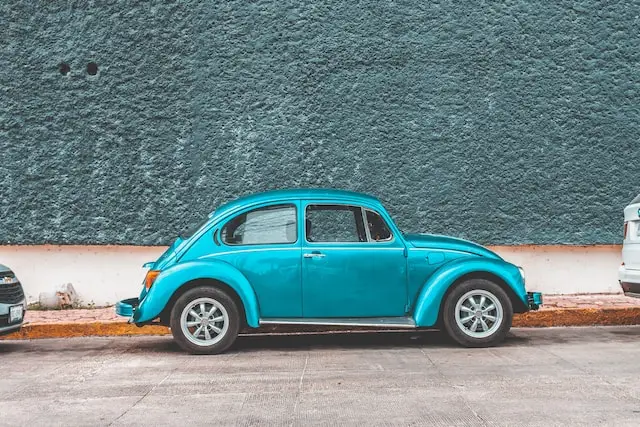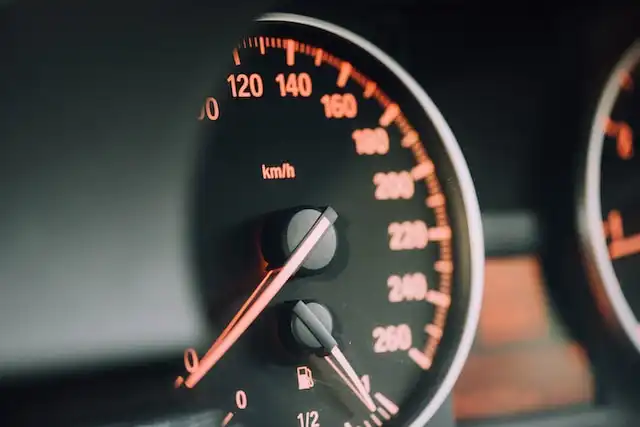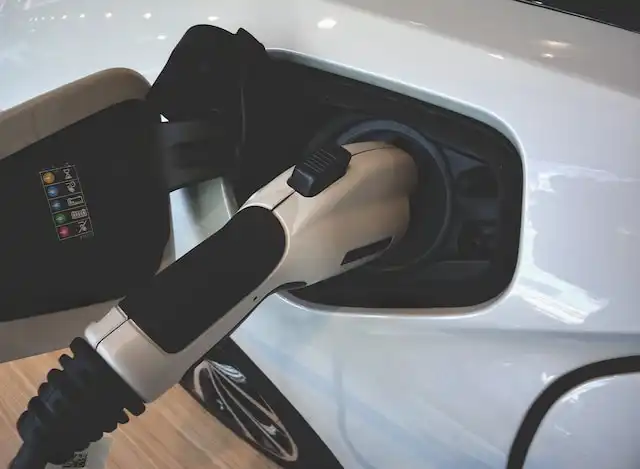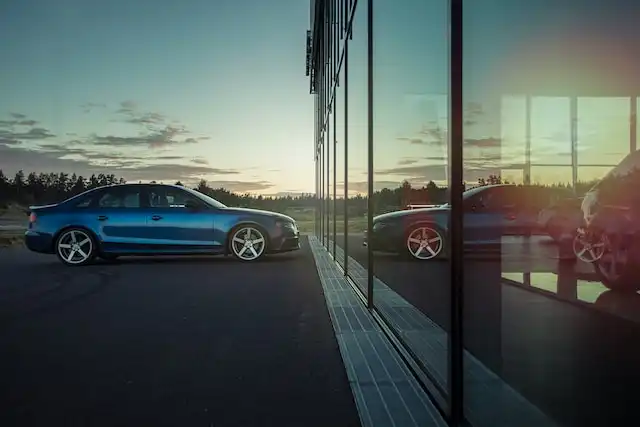AnyVan’s top tips for buying a used car
April 5, 2022

April 5, 2022

You don't need us to tell you about the importance of reducing emissions, we all know we can do more on an individual level. But have you ever considered how the car you drive may be harming the environment?
Thanks to the widespread implementation of the ULEZ in 2023, Londoners will have to improve their car's emissions soon, or face a bill every time they go for a drive. It's not a stretch to imagine similar measures reaching other cities in the future, so should you bare this in mind when car shopping?
Whilst many of us would love the latest car to meet regulations, the realities are that buying something brand new is costly, so used cars can provide a slightly more affordable option.
Here are a few handy hints and tips to help shape your next purchase.
As with any significant purchase, research is invaluable. With the ULEZ rules coming into play, Londoners need to ensure any purchase meets set requirements. Other considerations may include general running costs, such as if it's electric or not, miles per gallon, tax and insurance.
You may find it beneficial to spend some time comparing similar cars and prices, as this could prevent you from overspending, or even being ripped off.
Finally, spend some time on forums or model-specific discussion boards. Doing so can help with first-hand experiences of how the car is and may even unearth any issues that current or previous owners have, the more thorough your research is, the better you'll understand what you're about to buy.


Where possible, go and view the car in person, especially if you're buying it from a site such as Autotrader. Pictures on Google or a listings site may offer some insight, but it doesn't tell you the entire story. There's much to see in person, so go and physically inspect the car.
Some vital things to look out for include:
– Dents, scratches, damage to bodywork
– Leaks
– Electrics
– Oil levels
– If it starts
– The engine sounds
Be sure not to view the car in poor lighting, in the rain or at night, as this could hinder the viewing process. If you feel you don’t know enough about cars, that's ok too, take someone along who does. If you’re still unsure or don't know anyone who can help, you can get an independent report carried out.
We can't stress how crucial documentation is when buying a second-hand vehicle. After physically inspecting the car and seeing how it runs, the next thing you need is to see service records, MOT status and history, the vehicle handbook and the log book (V5C). It's also beneficial to have a manual to check how the car works.
For enhanced peace of mind, there are additional checks you carry out online, including the car identity, MOT and private ownership history.


When it's time to pay, you can finally put your haggling skills to good use. Although many private sellers have a set asking price, they may be willing to take a lower offer, especially if they’re eager to sell.
When it comes time to pay up, choose a safe method, cash is almost always the preferred option for a seller. But, you have no protection or safeguarding measures in place here. Consider going through a bank or an online payment system where you have more security.
Equally, ensure you get a signed and dated receipt after a sale with the sellers' information and full vehicle details included.
Remember: Don’t get pressured into buying the car and parting with cash by the seller. If this is the case, you should be wary.
After paying for the car, both parties need to fill out the V5C registration document and send this to the DVLA. To fill out the V5C, you need to ensure you have all the necessary documents to hand; don't forget to get the spare key.
Finally, you should also have your car transport sorted, whether you’re driving it away from yourself or if you’ve arranged delivery via a car courier such as AnyVan.
We hope this guide gives you some assistance in buying a used car. If you're about to, we hope all goes well!
To organise car transport click here.